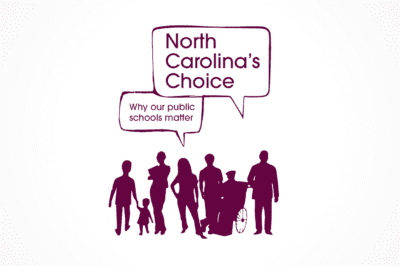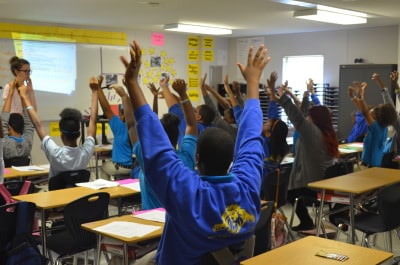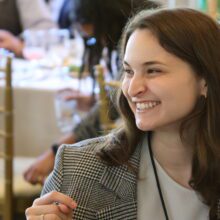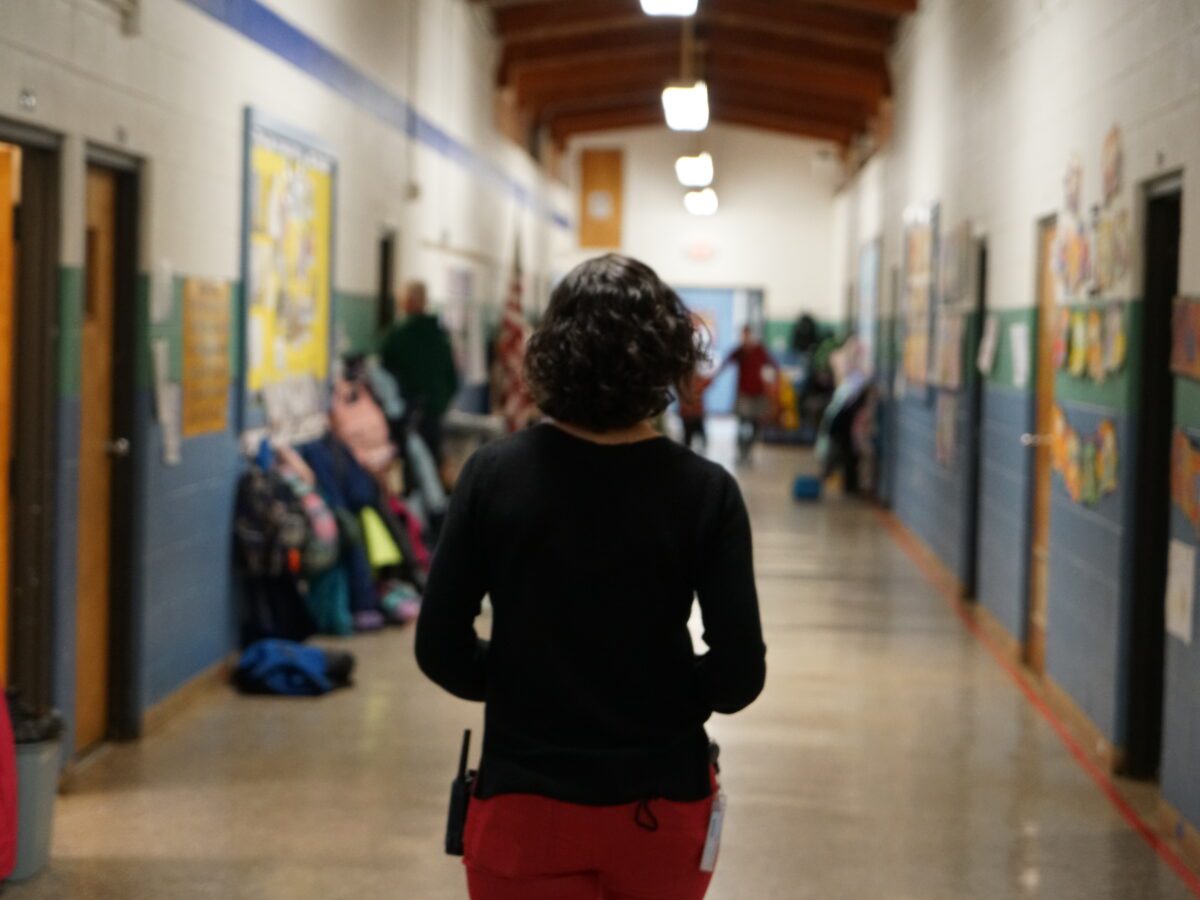
|
|
Editor’s Note: This week is National Charter School Week.
Evergreen Community Charter School is featured in Chapter 4 of EdNC’s book titled “North Carolina’s Choice: Why our public schools matter.” Here is a free PDF of the book. A printed copy can be ordered here.
Evergreen is among 10 schools in North Carolina highlighted by the Canopy Project for innovative approaches to learning.
Evergreen Community Charter School has served more than 9,000 students since its founding in 1999. Located in Asheville, the public charter school is home to many bright students and has earned a reputation of praise for their inclusive model of education for students with learning differences.
The school serves students K-8 and has a maximum enrollment of 444 students. There is one self-contained classroom for students that need the highest level of support at Evergreen. Apart from that group, all other students with learning differences are in the general classroom setting with their peers. The students in the general classroom typically receive a combination of in-classroom support and additional pull-out support for direct skills instruction. The pull-out support is also available for students who aren’t meeting grade-level standards and need more direct instruction.
“We really try to make sure that kids are learning about how their own brain works and what they need, so they know how to be advocates for themselves and how they can take control of their learning and that makes a huge difference,” says Jen Watkins, executive director of Evergreen.
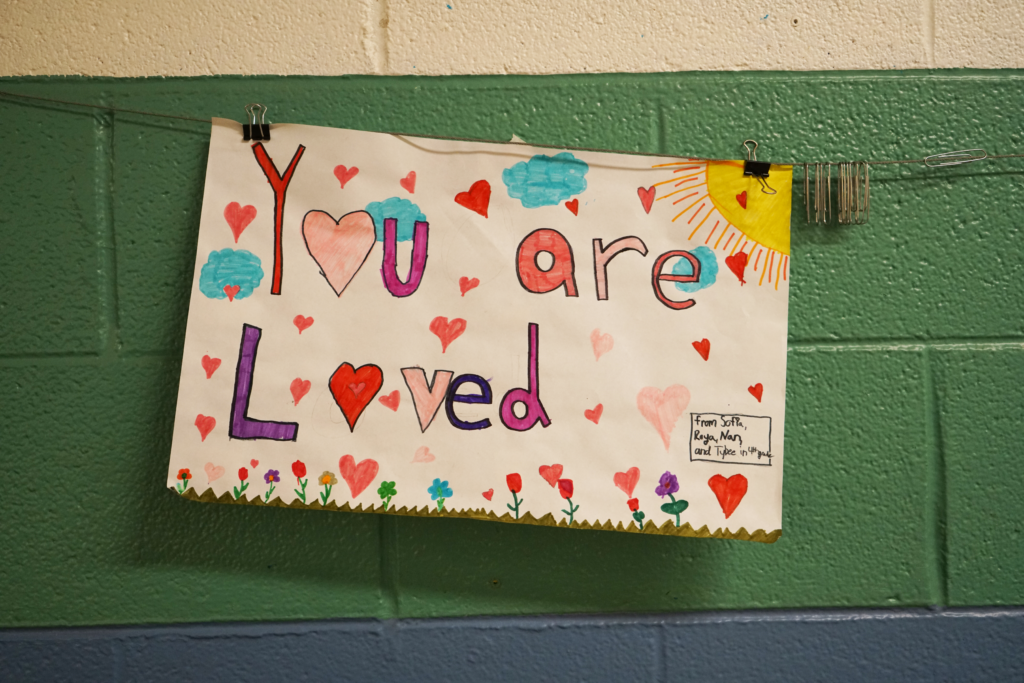
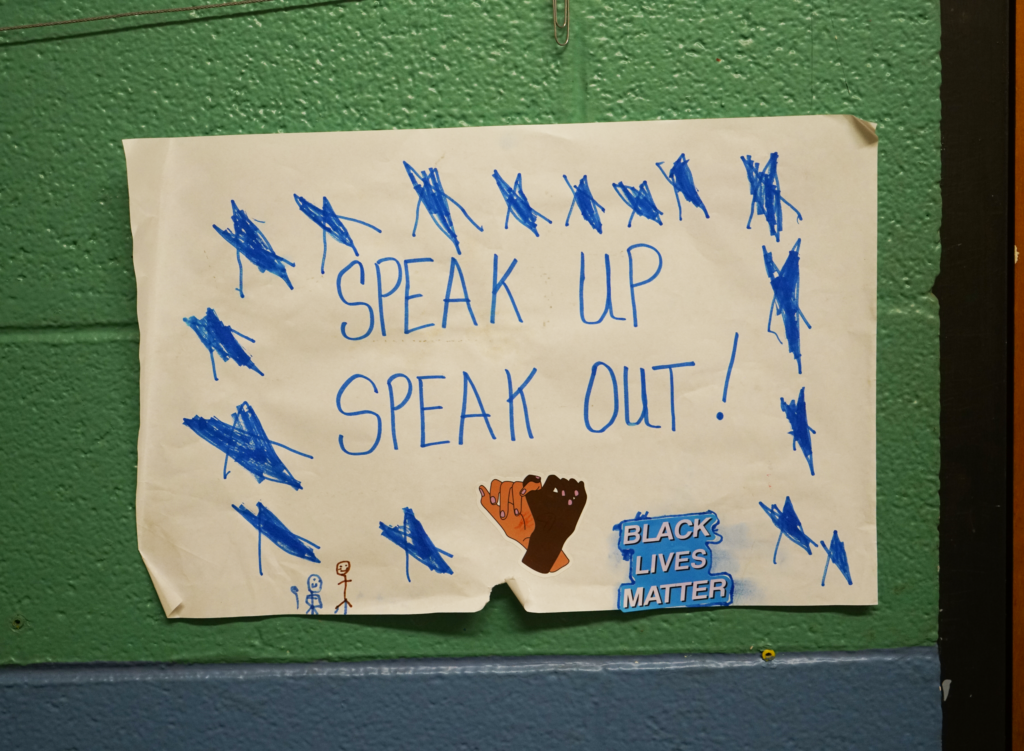
Teaching about neurodiversity can be complex, but Evergreen strives to make it accessible and empowering. They want their students to learn to celebrate the brain that they have and embody a growth mindset.
“It’s actually really easy for kids to understand that everyone’s brain works differently. Helping kids identify things they are really good at and things that they really struggle with, and just kind of demystifying and destigmatizing ‘either you’re smart or you’re not,’” says Watkins.
Sign up for the EdWeekly, a Friday roundup of the most important education news of the week.
Students at Evergreen have the opportunity to apply a growth mindset to not only their academic curriculum but also their character development. The school has academic standards and character standards called “Habits of Scholars.” Students are graded on both types of standards every trimester.
“A lot of our work is character based, learning social skills, how to interact and how to communicate. We still focus heavily on academics, but it’s not just drilling academics. We have our academic standards and we also have habits of scholars, which are basically…the skills you need to learn to become a good scholar, but also carry over into life,” says Watkins.
There are nine Habits of Scholars broken into three categories:
Habits of Self
- Self-regulation: I can make choices that are helpful to me.
- Integrity: I can do what is right.
- Curiosity and Courage: I can wonder and have the courage to take risks.
Habits of Performance
- Responsibility: I can be accountable for my choices.
- Craftsmanship: I can produce high-quality work.
- Perseverance: I can work through a challenge.
Habits of Relationship
- Compassion and Gratitude: I can desire to help others and can show appreciation.
- Collaboration: I can work well with others.
- Respect: I can show regard for others.
“We assess kids on three habits every trimester. So our kids get a grade in reading and a score in math and they also get a score in responsibility,” said Watkins.
The “Habits of Scholars” fit into the school’s philosophy of education. Evergreen grounds its teaching in EL Education‘s beliefs: Learning is active, learning is challenging, learning is meaningful, learning is public and learning is collaborative.
They also use what they call “Learning Expeditions” to organize their curriculum. Teachers plan these expeditions using themes and guiding questions. The idea is to give students a better understanding of the “so what” of topics of study.

Evergreen hopes to prepare all of its students to thrive in any given environment.
The National Center for Learning Disabilities nominated Evergreen to be part of the national Canopy Project, which highlights schools around the country for education innovation.
At Evergreen, students get to work with other students across diversity that includes neurological, socioeconomic, as well as racial and ethnic lines of difference — learning from that diversity.
“That’s central to our mission and helping students become lifelong learners,” Watkins continues. “Students learn more when they can learn from each other, and we see it as adults in the workplace how we can all achieve more when we work together and learn from one another. It’s fundamental to the inclusion piece, that we’re a community and every person here is part of the community and matters and is valued and has things to contribute.”
“Our goal is to create people who can make change in the world,” she says.
Recommended reading
